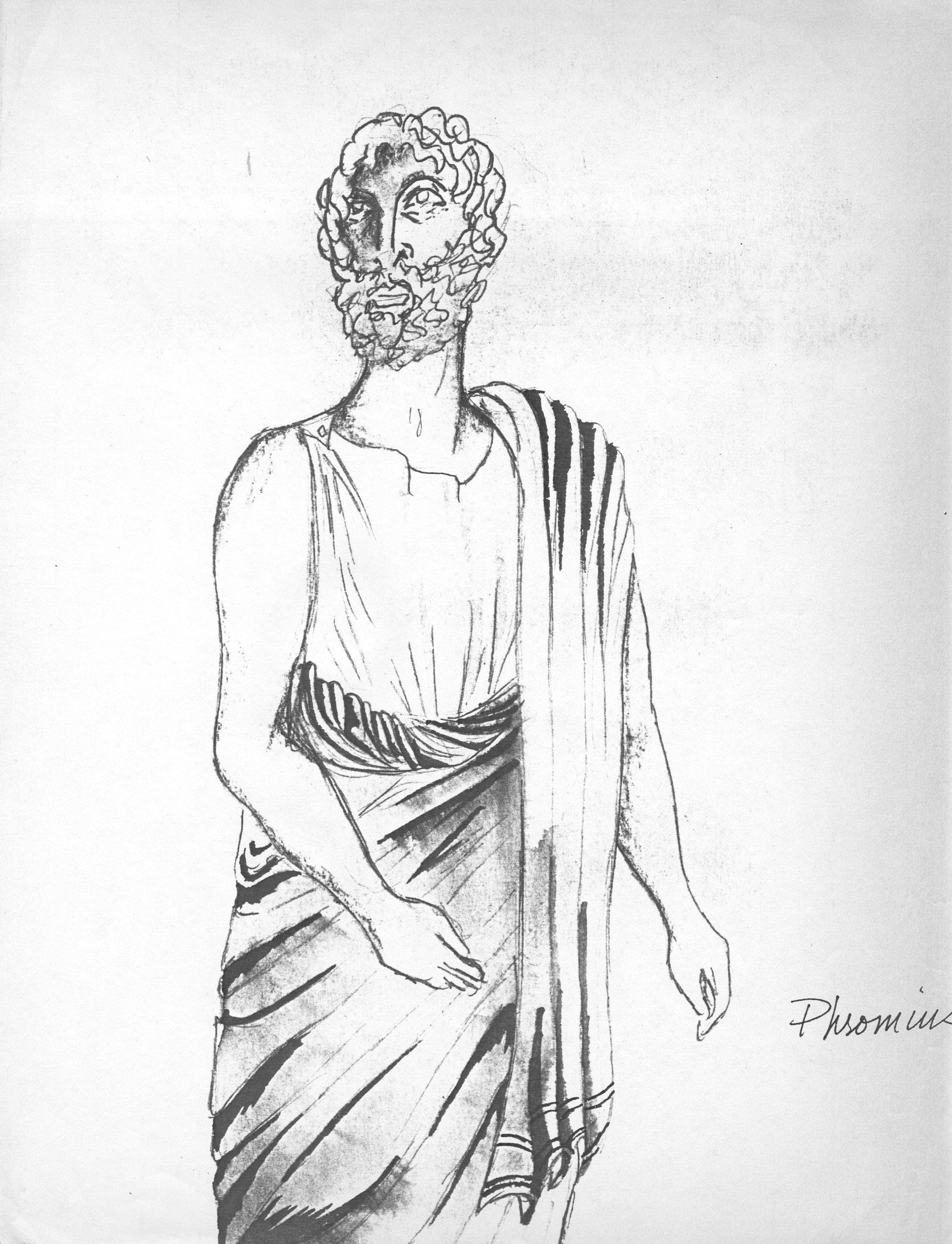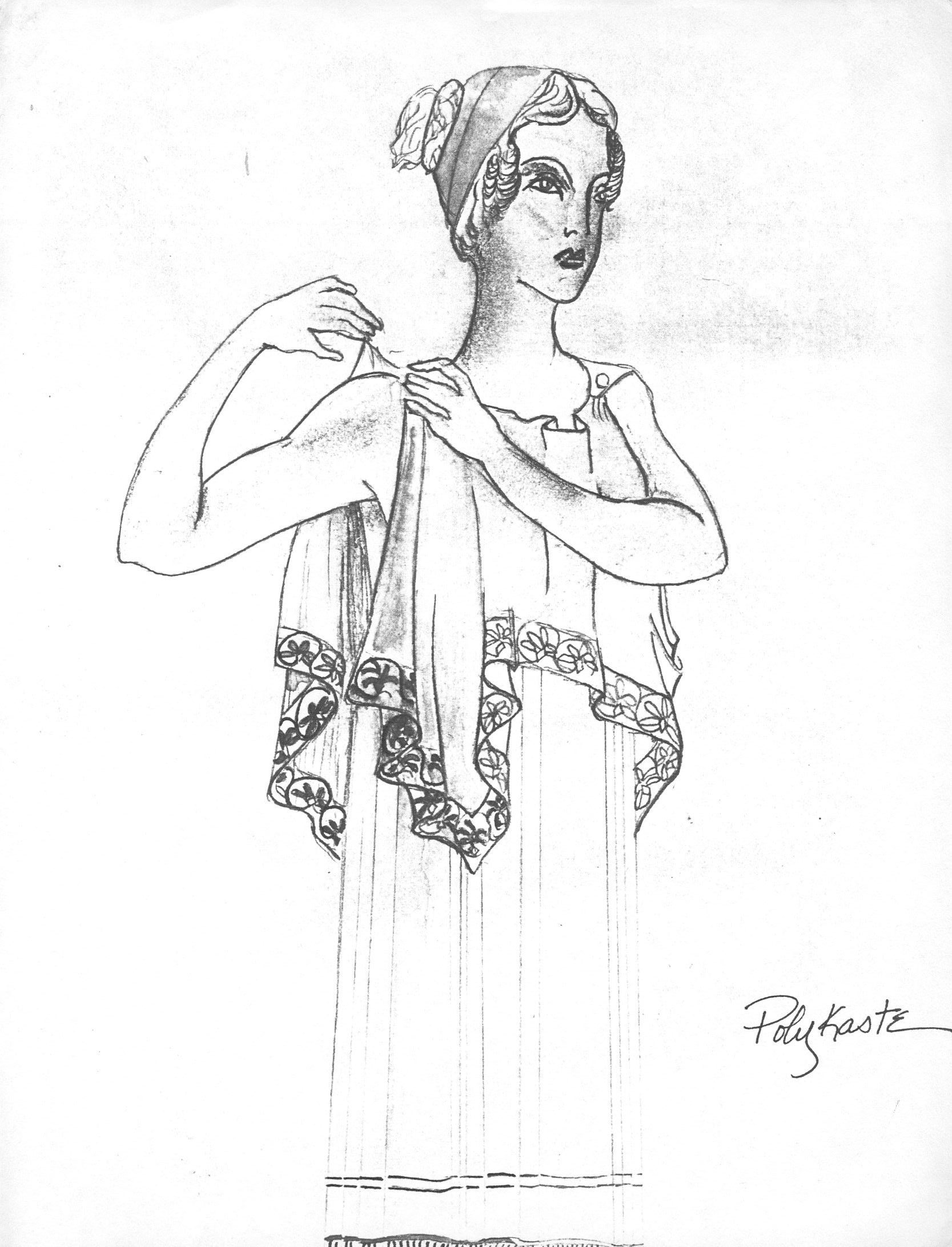


Ithaca – based upon characters from The Odyssey of Homer, Dante, and the poem “Ulysses” by Alfred, Lord Tennyson.
A bare stage – darkness – the sound of a siren song fades beneath the rising noise of combat as the lights rise. A chorus armed with staffs surrounds Ulysses as he fights to reclaim his home following his return from Troy. Penelope outstretches her arms in an anguished scream – silence.
ITHACA was first produced at The Chicago Playwright Center and then at The Mid-Town Cultural Center in St. Louis. The play “picks up” the story of Ulysses twenty-one years after The Odyssey of Homer and explores the issue of identity as it is addressed by a man of great accomplishment during a time of quiet. in idleness, adrift within a sea of domestic tranquility, the former hero’s sense of self is eroded and thrown into question following the birth of a grandson. Burdened with survivor guilt and the passing of time, Ulysses has become detached and disengaged within his daily life and preoccupied with the past. Finally, he must choose between acceptance or rejection of the identity that his past has imposed upon him and convey that choice through self-defining action.
“Helgeson’s ITHACA both timely and moving”
I found the production of Ithaca a smashing success. From the first moment the versatile chorus burst onto the stage, my attention was riveted to the unfolding drama of a man for whom, in earlier years, surviving had been all, but who finds himself roped to the mast of daily tasks while the songs of sirens echo in his ears. I cared for the characters of Ulysses in the crisis of aging, for Penelope desperately struggling to hold together the fabric of family life, for Telemachus for whom the birth of a son and the assumption of rule in Ithaca are conjoined concepts.
In one dream sequence, the play succeeded magnificently in evoking, through the poetry of theatre, the horror experienced by Ulysses and his crew when the one-eyed Cyclops bashed out the brains of crew members, two at a time, and devoured them, washing their mangled bodies down his throat with wine offered by the wily Ulysses. Throughout the play, the audience is treated to a variety of dream sequences that function to dramatize the inner conflicts in this play much as do the dream sequences in Arthur Miller’s “Death of A Salesman.”
The paly is full of delightful surprises in concept and in execution. Penelope, for example, is a modern woman unafraid to speak her mind and to oppose her royal husband’s will. Almost all of the female characters in the play display backbone and intelligence to match their beauty and charm. Another surprise, calling forth a gasp from some members of the audience, was Ulysses’ cool and wily maneuver to avoid conflict with his wife while yet achieving his hidden designs. Having promised Penelope to abandon his plan to set sail again, Ulysses, in Penelope’s presence, sends to the captain of the ship waiting in the harbor the token agreed upon to signal Ulysses’ readiness to depart from Ithaca immediately. Meanwhile, Penelope dreams of years more of marital bliss.
The play is not about ancient Greece at all, nor about an historical character named Ulysses. Rather, the Ulysses myth, realized most powerfully in Homer’s epic and recreated in numerous works throughout the ages, is the vehicle for exploring a contemporary problem that has been the subject of an increasing number of books, articles, and films: the problem of aging. In Helgeson’s play, Ulysses – bolder than most – courageously faces his old age and makes existential decisions which, right or wrong, he must live by.
At the play’s opening, Ulysses is valued almost exclusively for his past achievements. He is not proficient in judging issues of justice on Ithaca. He finds himself dying in the midst of life, trapped in the drudgery of daily administration of his realm. He makes a decision, embarks on a new life, goes out to face adventure and death, once again causes pain to those he loves. But he lives, he lives – this man of many turns, who so fascinates the modern mind.
Forrest L. Ingram Ph.D.
